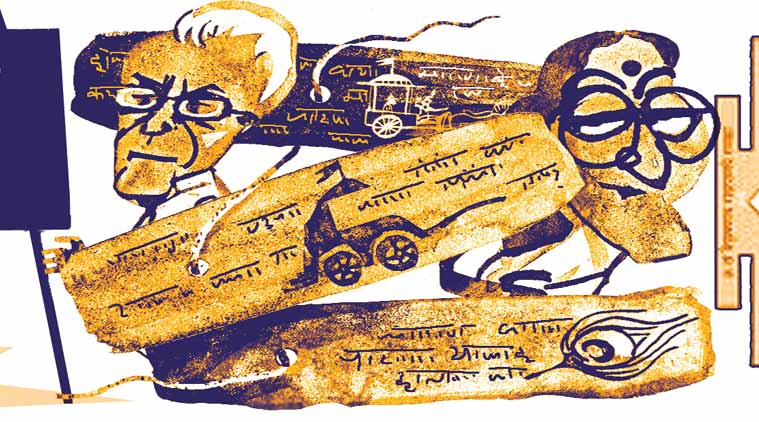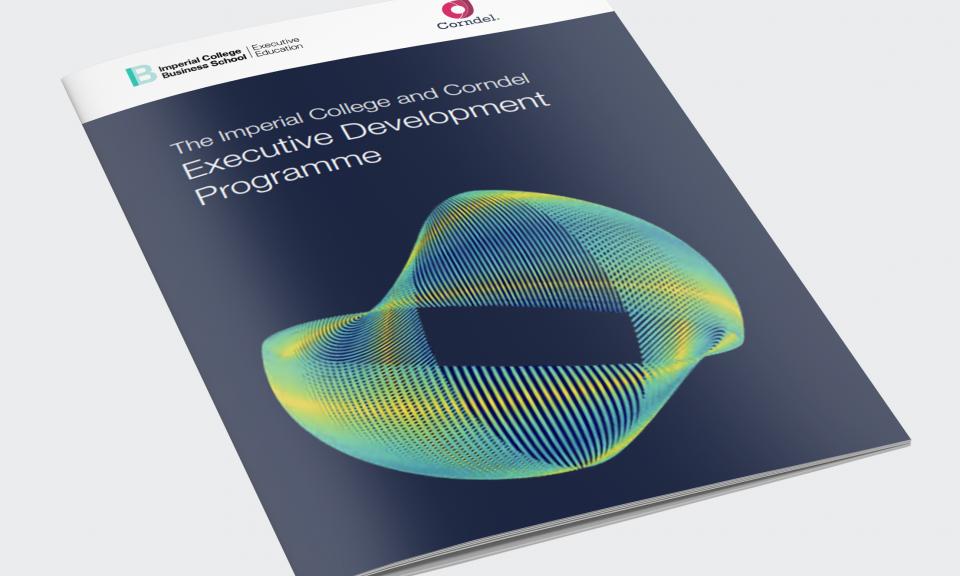
The Gujarat government is going to introduce a subject on the Vedic system of education in its new curriculum to be enforced from the current academic year for the primary teachers’ course.
The two-year primary teachers course — Diploma in Elementary Education (DElEd), previously known as PTC — run by both the government and private colleges, will see the syllabus divided between Vedic, Buddhist and Medieval eras under a new subject “Indian Educology”.
This comes close on the heels of the state government publishing books written by RSS ideologue and convenor of Shiksha Bachao Andolan, Dina Nath Batra last year, for 42,000 government primary and secondary schools.
Batra, in his book Shikshan nu Bhartiyakaran (Indianisation of Education), had suggested that words like “adhyapak” should be replaced by “acharya”. He had also professed “Indianisation” of education system to be one of the seven steps of the Alternative National Education Policy.
The new curriculum, which was approved in May last year, will teach the meaning and importance of terms like “guru, shishya, acharya, up-acharya” prevalent during the Vedic period. It also stress on the “janoi” or thread ceremony interpreted as, “the acceptance of a student by a teacher at the age of six years under the guru-shishya relationship”.
Realising the need for computer education and the unavailability of teachers proficient in English and Gujarati languages, the new curriculum has also included these to give a push to the mother tongue and English.
Although Gujarati was covered in the earlier syllabus, this time the stress is on its history, literature, besides grammar and writing skills.
The importance of Sanskrit language and origin and relevance of words “vidya, vidyalaya, vidyarthi, vidya abhyas” will also be taught.
The course then goes on to the medieval period and the introduction of mathematics, to the Islamic influence and the madrassa system of education.
“Until teachers are well aware of our Indian culture and its age-old education philosophy where values were taught at “gurukul” and “ashram”, how can we expect the school students to imbibe these? Thus, the whole idea is to revive our culture through young teachers,” said a senior education official.
The Gujarat Education Department claims that the new curriculum is on the lines of National Curriculum Framework, 2005, National Curriculum Framework for Teachers Education (NCFTE), 2009, and the 2014 regulations of the National Council for Teacher Education (NCTE) under the 12th Five Year Plan. For incorporating changes in the DElEd course, the Education Department also passed a notification on May 18, 2014.
“Keeping these regulations in mind, the Education Department has approved the necessary improvements in the course. Apart from new subjects, stress is also given on languages, computer skills and a longer internship period,” said Gujarat Council of Educational Research and Training Director Dr Rajesh Purohit. The GCERT is the nodal agency working for last two years in the task of framing the curriculum. The new course — “Indian Education Philosophy and Contemporary Indian Society” — will be taught as a new subject or course number 2 in the second semester of first year. Eye on better intake The new curriculum is expected to evoke interest and increase intake in this diploma course for primary teachers in government schools. Interest in this course had declined due to the Education Department’s preference for the Bachelors in Education (BEd) course. In the last three to four years, the intake in PTC course had been declining, the lowest being in 2013 with only 18 per cent seats filled. However, in 2014 it rose to nearly 25 per cent but that was because the seats had declined due to closing down of self-financed and government colleges. This year, the intake is expected to touch nearly 40 to 45 per cent with the revamp in the course. Last year, only 3,086 seats were filled against over 12,000 seats. Of the 155 colleges, only four are run by the state government, while remaining are self-financed and grant-in-aid. Nearly a dozen of District Institute of Education and Training (DIET) also offer this course.
[“source – indianexpress.com”]












